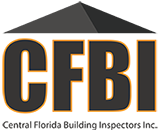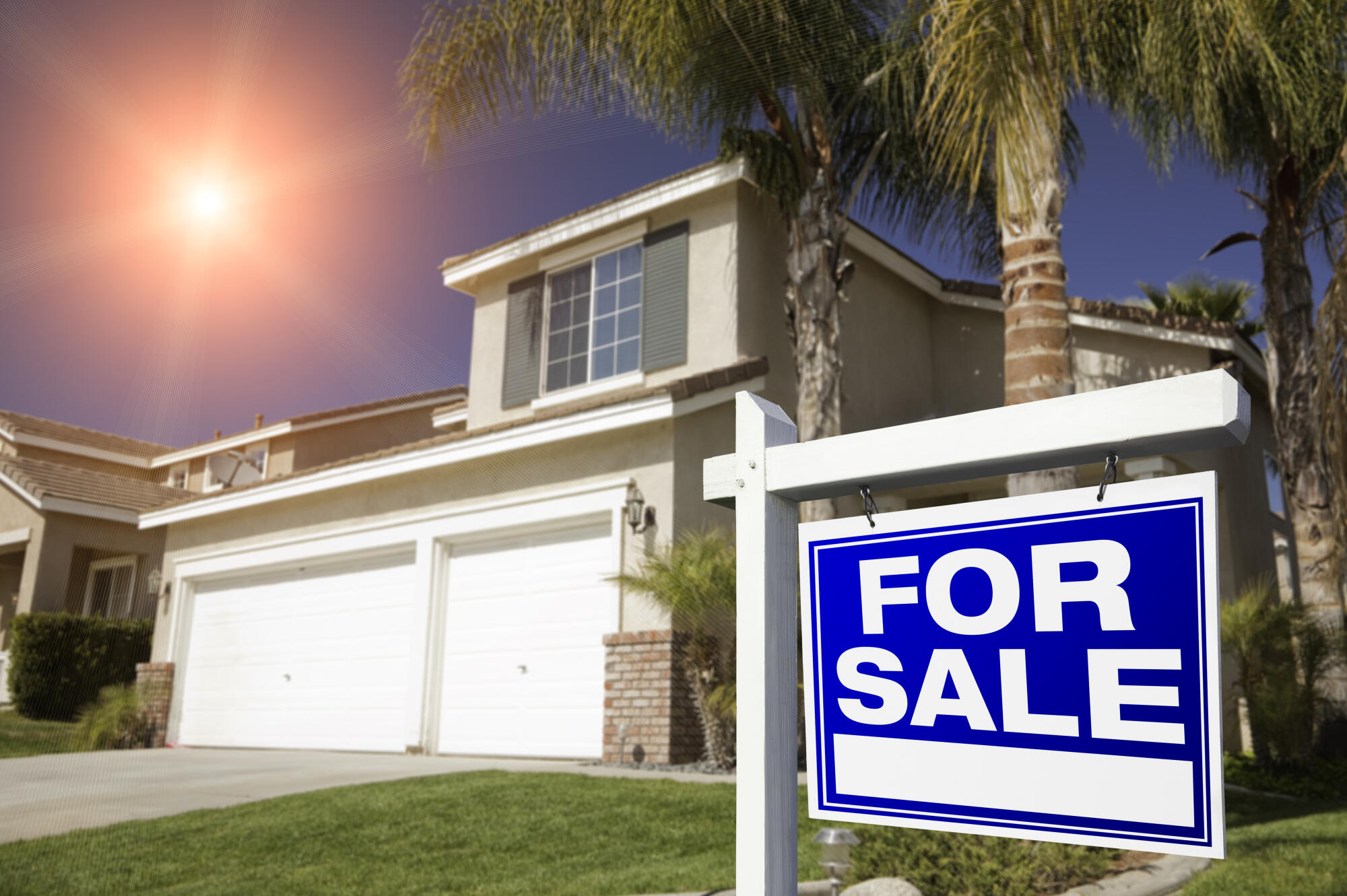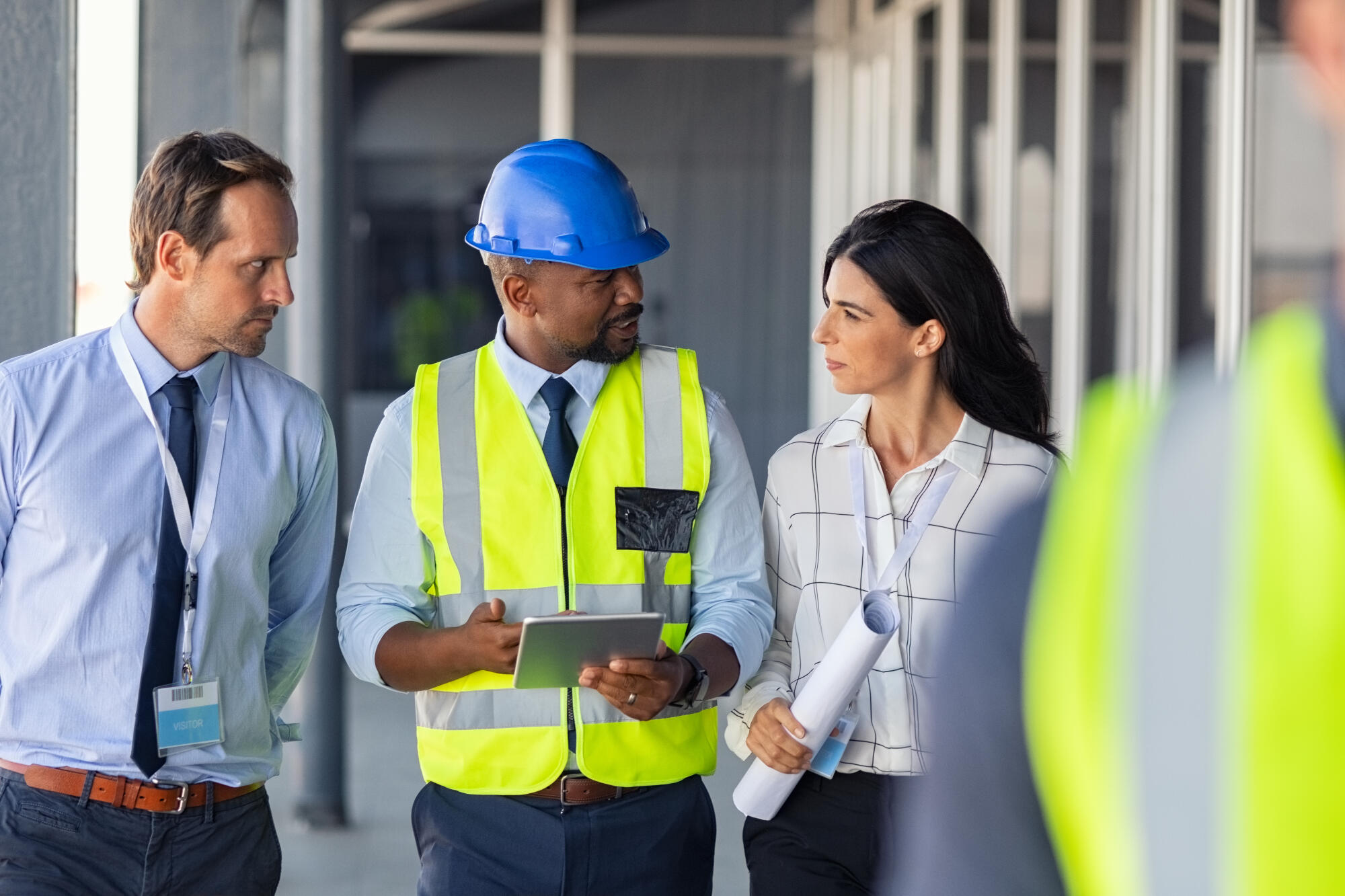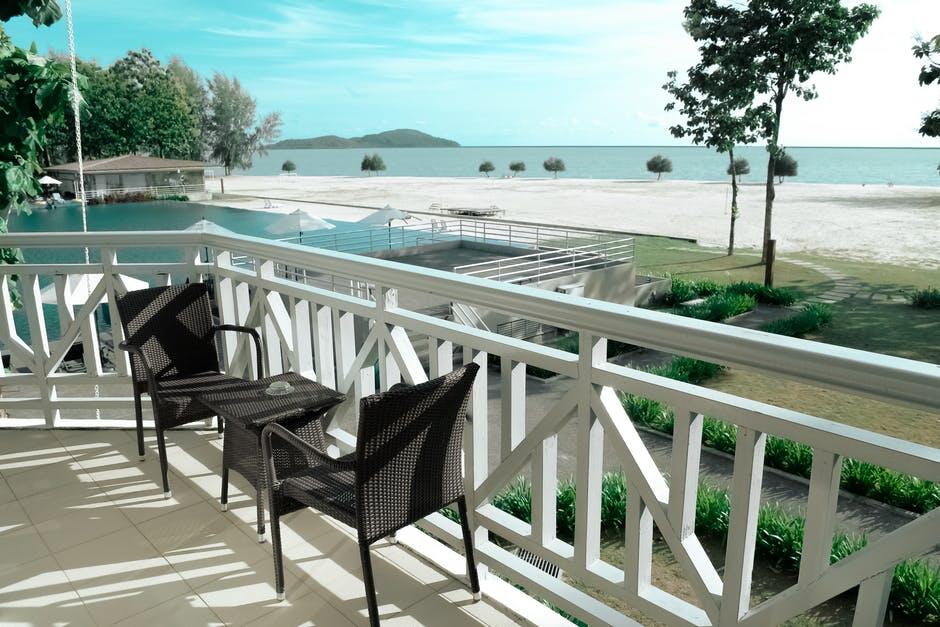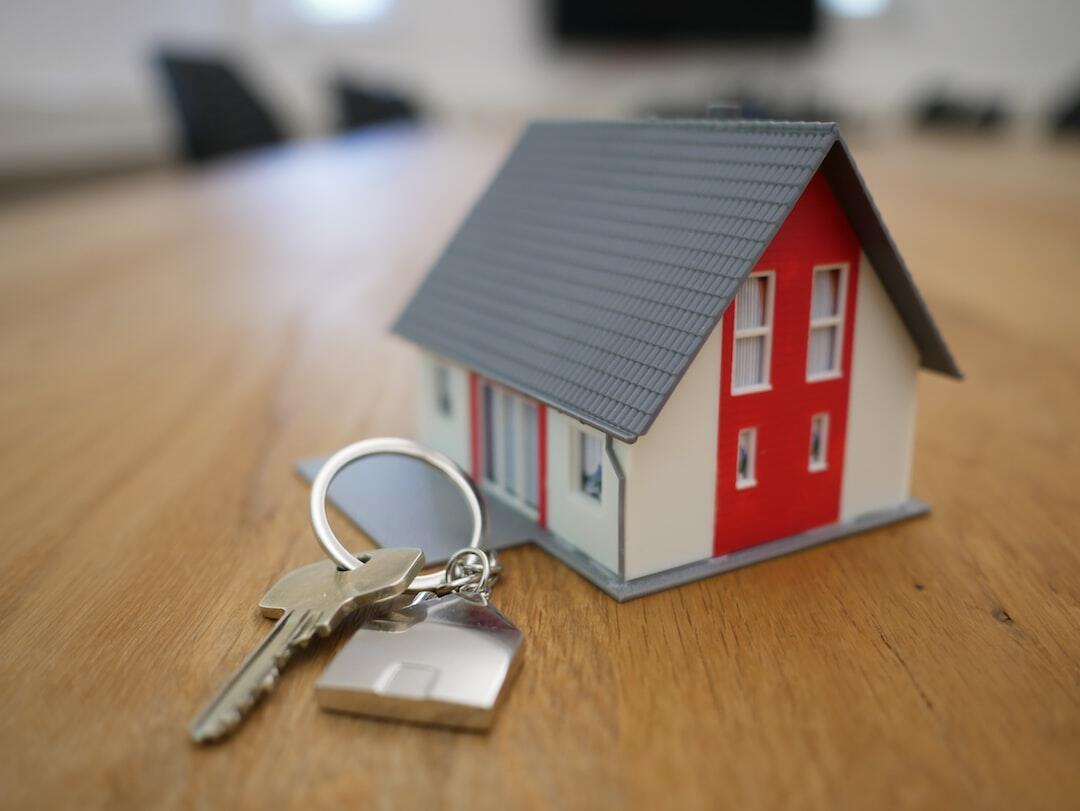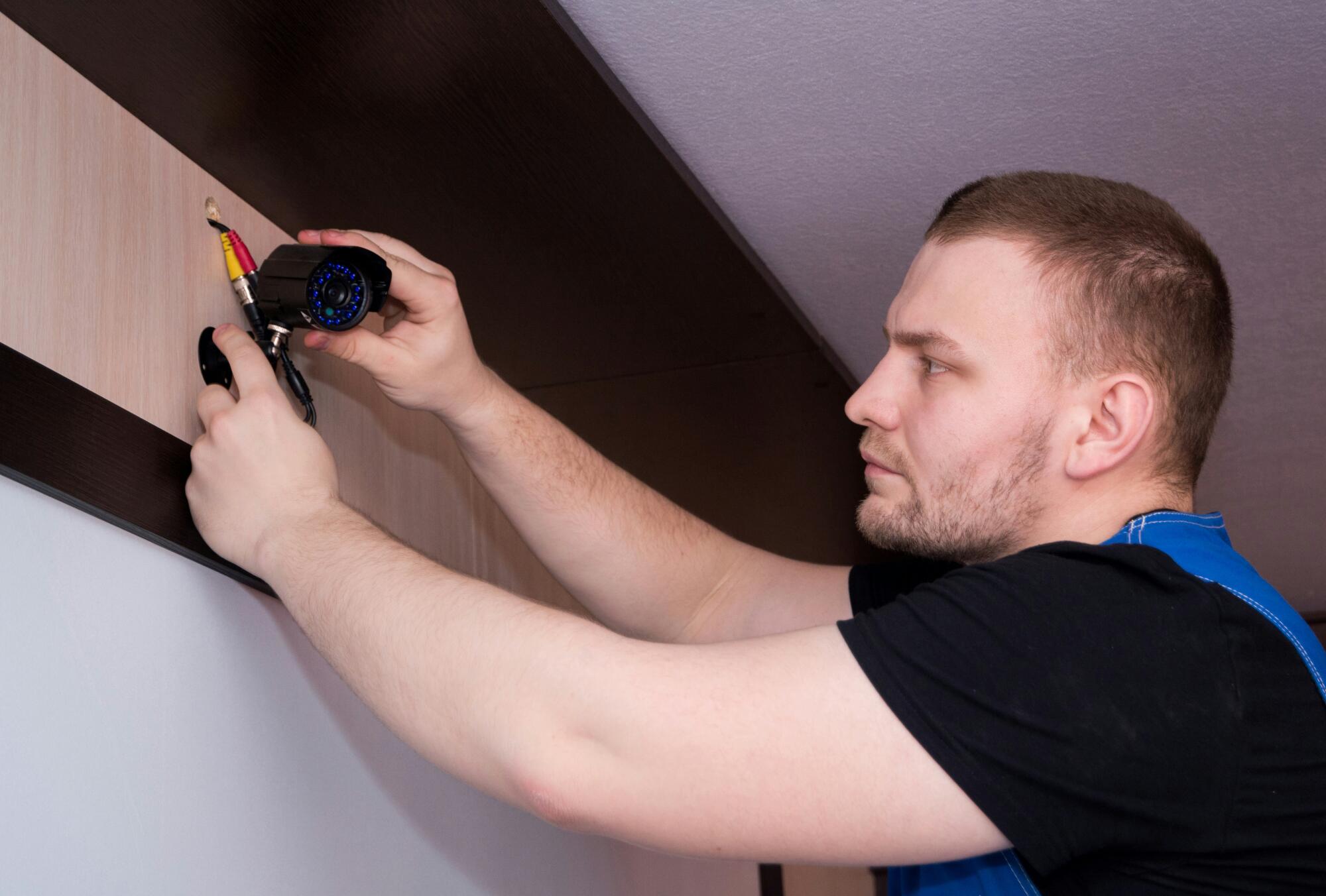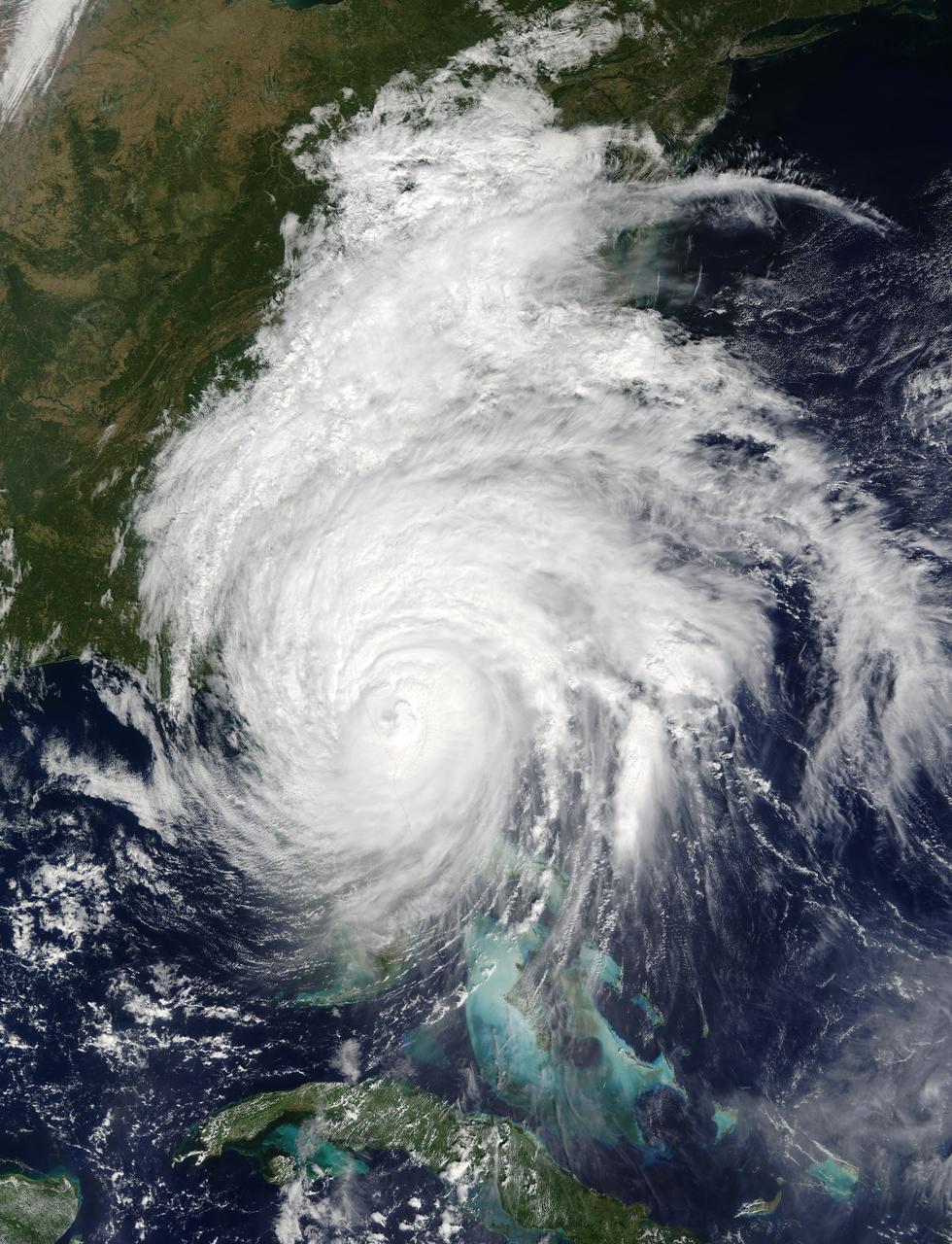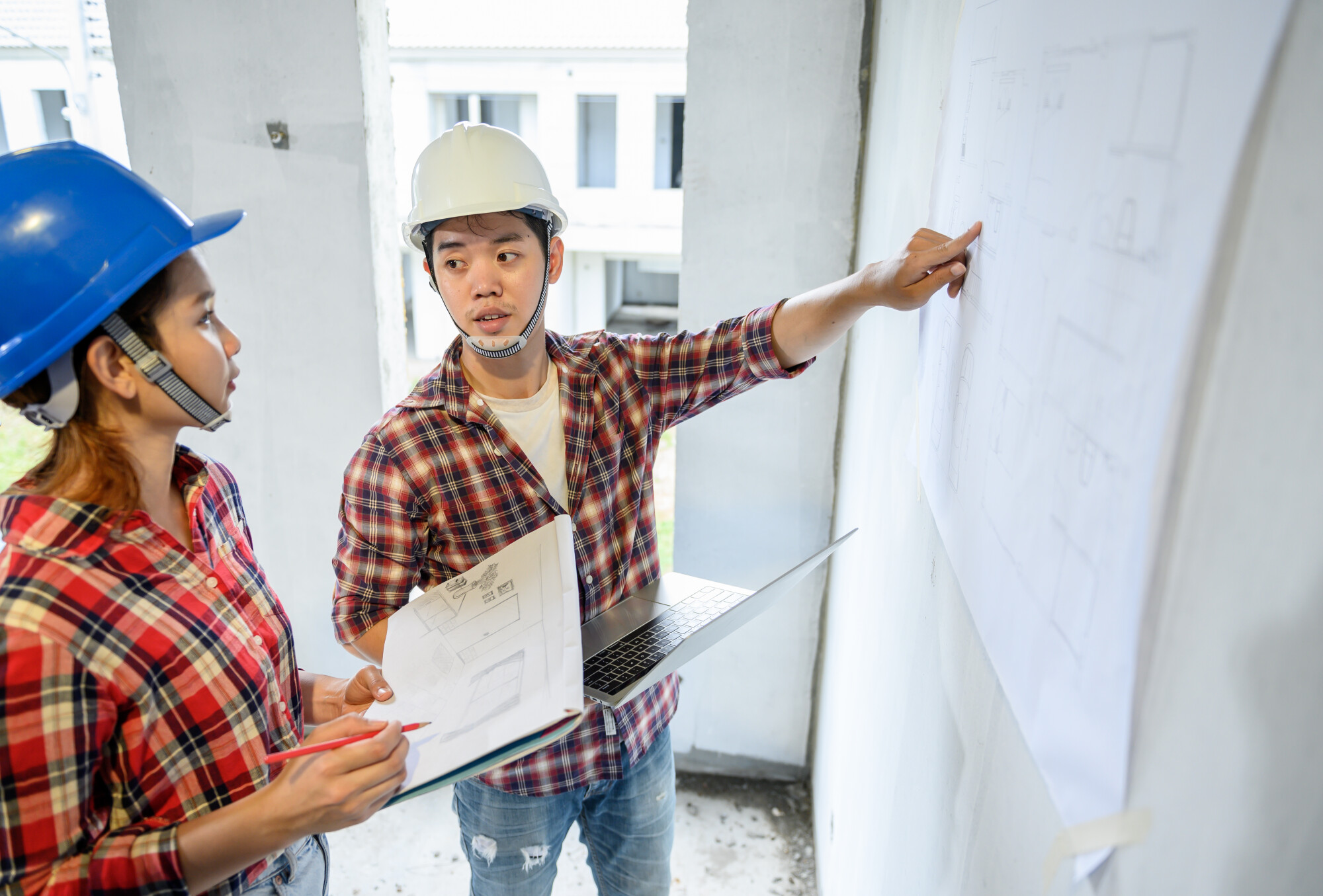Did you know that, between 2012 and 2019, there were 5.9 million single-family homes built in the US? It’s no surprise, considering that by building your own home — or renovating the one you have already — you get to create the perfect space you’ve always dreamed of for you and your family. It’s a thrilling process — especially once the foundations have been laid, much of the structure has gone up, and you can see your dream becoming a reality. However, it’s also a stressful process. Worrying about the details of construction, such as the pre-drywall inspection and the rules and regulations of building in your county or state, can be a frustrating experience.
The best way to avoid this frustration is by being as informed as possible. The more information you have, the more you’ll be prepared for any of the issues that come up during construction.
That’s why we’ve put together this guide on things to look for during a pre-drywall inspection. By having this information, you’ll know exactly what to look for, ensuring that nothing is missed.
Before you know it, you’ll be living in that house you’ve always dreamed of. Read on to learn more.
1. HVAC Units
Heating, ventilation, and air conditioning — known as HVAC in the construction industry — are something you need to consider during your pre-drywall inspection.
Because HVAC units both control the temperature and air quality of your home, this is a very important consideration for both your personal comfort and health.
Several issues might occur with HVAC units when you’re doing a pre-drywall inspection. These include:
- Gas pipe leaks
- Venting for furnaces being angled incorrectly or blocked
- Too many units near each other
- Vents not fully sealed into wall or cabinet
- AC not consistent throughout the home
- Insulation issues
As you can see, inspecting HVAC units during your pre-drywall inspection means a safer, more comfortable home.
2. Plumbing System
Another important thing to look for during a pre-drywall inspection is your plumbing system. After all, having plumbing problems once you’ve put everything in place means not having a running toilet, or experiencing issues when you’re doing laundry.
And fixing those problems will mean having to turn off your water, tearing your home apart, and paying a ton in repairs.
It’s better to avoid this issue entirely now.
Specifically, you’ll want to look out for:
- Frame damage during installation
- Water temperature issues
- Potential leakages into the home
- Vents capped off, which can cause flooding
- The angle of drains is off
- Shower drain too high up (above floor level)
By checking out these potential issues, you won’t end up with a flooded house or water damage.
3. Dishwasher Issues
Looking out for issues with your dishwasher during your pre-drywall inspection will make a huge difference. It’s surprising how many issues can come up — and how costly they can be, considering that dishwasher repairs can cost as much as $600.
Issues to look out for include a drain line that’s loose or detached, and the lack of a drying pan, which leads to leaks.
4. Electrical Problems
You also need to ensure that there aren’t any electrical problems. By ensuring that everything is in the right place and wired right, you won’t have to tear through the walls after the drywall has been installed.
While looking for electrical problems, pay attention to:
- Placement of electrical boxes throughout the house
- Location of electrical outlets
- Cable and ceiling fan wires connected correctly
- Nonfunctioning electrical outlets
- Ensure the grounding rod is connected to the ground wire
- Missing electrical shield plates
It also may be worth having an electrician join you during the inspection so you don’t miss anything that could start a fire.
5. Problems With the Floor
This is one of the big things you’ll want to look out for. The last thing you want once you’ve installed the drywall is to have to pull out the floor and any carpeting that’s covering it.
So if you’re doing an independent pre drywall inspection, definitely look at your floors.
Because the floor is attached to the foundation and there are many pipes underneath it, you will be looking at the floor while looking at the foundation and potential plumbing issues.
With the floor, you’ll want to ensure that:
- Floor to floor tiles are arranged properly
- Floor joists being installed correctly, evenly spaced out and supportive
- Floor meeting walls and foundation at correct places
If you aren’t sure about these issues, you can always look at the original floor plan to ensure everything matches up.
6. Wall Issues
Generally speaking, wall issues are related to the interior and exterior structure of the house. If you don’t take a look at your walls during the pre-drywall inspection, you could have some serious issues such as leaks, cold in the winter because of lack of insulation, or wonky walls.
You may also need to reinstall anything that’s been installed into the wall incorrectly.
With the walls, you’ll want to ensure that:
- They are completely sealed on the outside
- They are straight and not bowed
- Insulation has been installed correctly and is not missing
- Placement of objects on walls (for example, HVAC units) have been measured and planned correctly
Remember that you’ll want to look at the walls both on the outside and the inside. Depending on what side you’re looking at them from, there will be different issues you’ll want to look out for during your home inspection for pre drywall.
7. Roof Problems
Any problems with your roof can create a large number of issues. You don’t want leaks in the middle of a rainstorm — and you also don’t want to feel unsafe, which could happen if the roof isn’t installed correctly and threatens to collapse.
For these reasons, checking your roof is a key part of a pre drywall home inspection.
With the roof, you’ll want to check out problems with:
- Exposed nails
- Issues with it being sealed properly
- Waterproofing issues
- Issues with bracing or frames
By focusing on these potential problems, you’ll avoid living in an unsafe or uncomfortable house later.
8. Foundation Issues
Just like with your roof, if there are any issues with your foundation, you could actually be endangering yourself. So add this to your pre drywall inspection checklist. The foundation holds up the entire house, so it needs to be strong and planned and built correctly.
It also needs to be placed upon the land in the right way.
Even if the construction itself is well-done, you also want to avoid any issues that would mean any exposed land beneath the foundation.
With the foundation, you’ll want to check out problems with:
- Grading of the house (is it sloped, for example)
- Any exposed land beneath the house (which would have to be covered with an additional foundation)
- Anything that might compromise the structure of the house that is built on the foundation
Additionally, if anything looks uneven to you with your naked eye, that’s something to flag.
9. Issues With the Crawlspace
There can be many issues with the crawlspace. Even though they aren’t as important in terms of safety as they might be with the foundation, these issues can still create unpleasantness.
If you have a large amount of mold growing in there, for example, it can make your house unpleasant to live in.
To avoid these issues, ensure that:
- Gutters are installed properly
- Ensure that the ground is sloped in such a way that water does not go toward your crawlspace
- Seal your home properly so that water does not get in
Note that if you come across any of these problems later, it may be because a gutter has been damaged in a storm.
10. Problems With the Windows
You’ll also want to ensure that there are no issues with your windows when you’re doing a pre-drywall installation. Otherwise, you may end up suffering in the winter when it’s cold — or having issues with flooding when it’s raining hard.
When taking a look at your windows during a pre-drywall inspection, ask yourself:
- Are they sealed correctly?
- Are they in the correct place for installation?
- Are there any potential waterproofing problems?
It may seem obvious, but make sure the windows are installed in the right direction. The last thing you want is a window that can’t be fully opened because it bumps into a cabinet nearby!
11. Correct Doors and Other House Parts
It may seem unlikely, but sometimes, the construction workers make a mistake and install the wrong doors and windows. Even though you’ve spent hours of planning choosing the right doors and other house parts you want, this is an oversight that can easily occur.
When going through your pre-drywall inspection, ensure that the doors and other house parts that are going to be installed as everything is put in are the ones you chose.
12. The Drywall Itself
Finally, you’ll want to look at the drywall itself. If you’re not using the correct type of drywall, this can make many of the careful observations you’ve made so far meaningless.
Look for areas that would require moisture-resistant drywall.
Additionally, double-check the plans to ensure that it’s being installed where it should be.
Need Help With Your Pre-Drywall Inspection?
Once you’ve gone through the list, you’ll know everything you need to look out for while completing a pre-drywall inspection. However, it can feel like a lot to look out for. And what do you do if you need help?
Here at Central Florida Building Inspectors Inc., we know what’s required in every house inspection — and what to do if you find anything wrong. We’re here to answer any questions you might have and help you with any needed repairs.
You can also find out about our pre drywall inspection cost.
Go to our contact us page to learn more.
